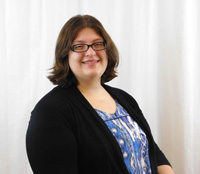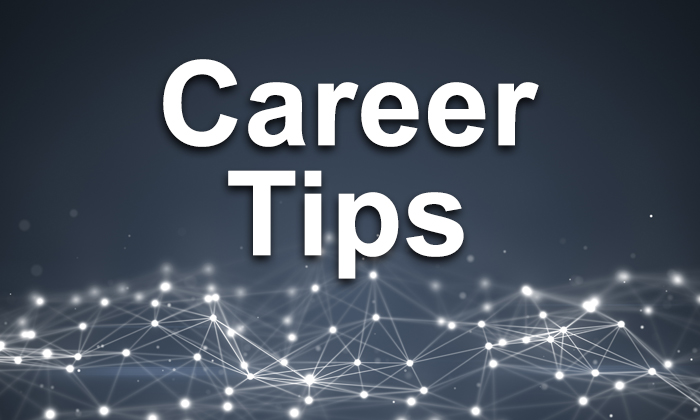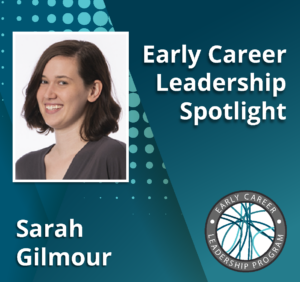Guest post by Kalyn Gackowski
What makes me unique? How are my experiences relevant? How can I show them I’m the ideal candidate? What do I know about [dream job I have never had direct experience in]? Whether you’re looking for a job or just starting your career exploration, the answer to these questions will center on transferable skills. Transferable skills are those skills you obtain from your experiences that are applicable to other contexts and positions. Being able to identify and articulate these can set you apart as an outstanding job candidate. As simple as this may seem, students often struggle to define related and relevant skills that they have acquired during their educational and professional experiences.
The more time you take to reflect and become self-aware of your skills, the more confident you are going to be in those intimidating interviews, networking events, and family holidays. Defining these skills will also greatly strengthen your application materials and lead to more interviews and job offers.
So what experiences can/should you pull skills from? It depends on the position and the field. However, think broadly and beyond the most obviously related experiences. Volunteering, summer jobs, internships, activities, and other outside experiences can be sources of important job and personal skills.
What skills come from your science training? A graduate student I know once told me science has prepared him to think, learn, and adapt. Whether or not a job requires knowledge of science, any employer would value such transferable skills in a potential candidate. Technical skills such as proficiency with specific lab techniques are great to highlight, but research experience gives you so much more. For example, I have worked in a genetics lab for three years, completed a genetic counseling internship, and am working towards a biological science major. Some of the skills I can highlight to employers include: the ability to communicate to both the scientific and nonscientific community, to read technical literature, to follow protocols effectively, to work both on a team and independently, to adapt, to solve problems, to present and network at conferences, and the list goes on.
There are many ways transferable skills can help you to stand out.
Resume/CV/Cover Letter/Personal Statement: Describe not only what you did in each position, but also what you gained. A common mistake is focusing too much on your duties and not enough on the skills you used.
Read the job description carefully, and highlight the skills sought to ensure you address them in your own words within your application.
Interviewing/Networking: Knowing your skills will help you develop your 60-second commercial and will give you confidence in your interview responses. Interview questions often ask about past experiences to gauge how you would react to a similar experience in the future. To answer these questions, you should follow an answering method called STAR which focuses on how you demonstrated and applied relevant skills.
Career Exploration/Job Search: To narrow down your job and career search, you should understand the skills you already possess, what you are qualified to do, and what skills you want to improve.
Lastly, don’t forget you are unique. There are over 7 billion people on this planet, and everyone will have different experiences and will learn something different from each experience. My biggest recommendation is to set aside time to reflect on what makes you unique. It is sometimes helpful to write out your thoughts, talk to someone like a mentor or career counselor, or read job descriptions to generate some ideas, even if you don’t apply for those specific positions.
It can be challenging to learn to talk about ourselves and market our skills, but it is a key component of professional development. In summary, to do is important, but to reflect and apply is even more valuable.
About the author:

Kalyn Gackowski
Kalyn Gackowski provides career-related services to students and alumni at Marquette University’s Career Services Center and is also an undergraduate researcher in Dr. Edward Blumenthal’s genetics lab at Marquette. She recently presented her research poster and gave a talk at the 58th Annual Drosophila Research Conference. She will be graduating this August with a Bachelor of Science Degree in Biological Sciences and is looking to pursue a career that combines her professional development skills with her science background to make a difference.













